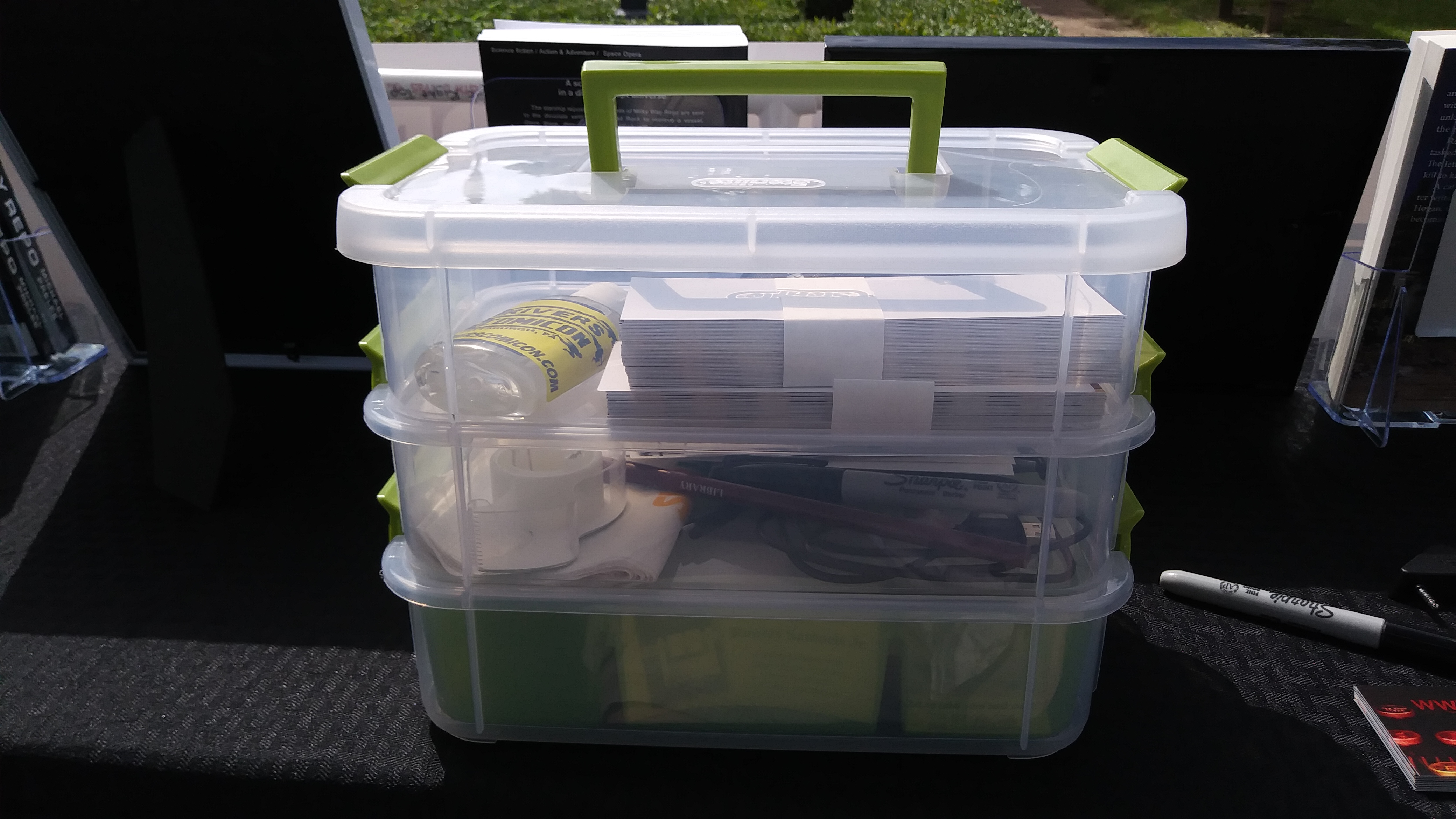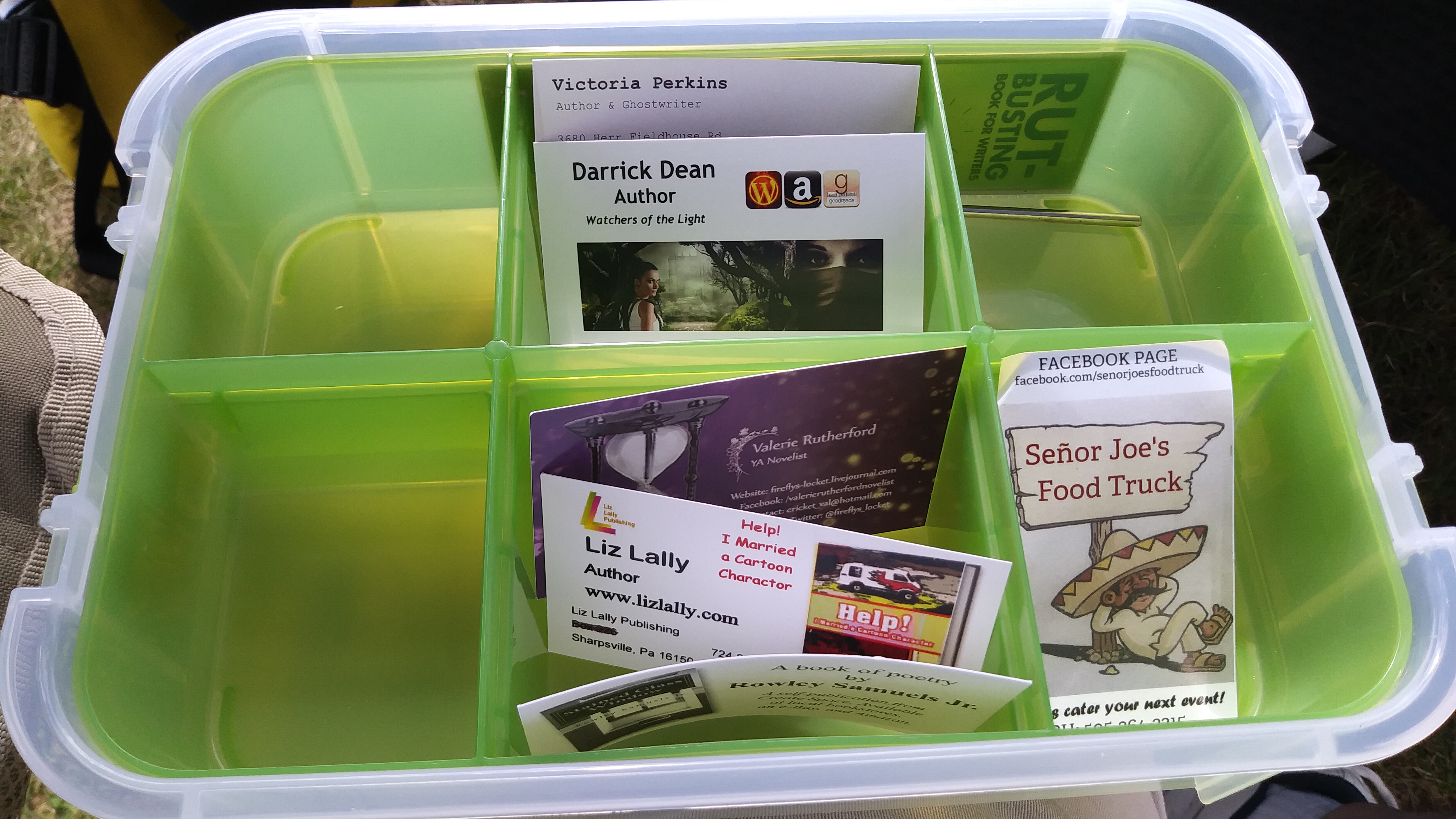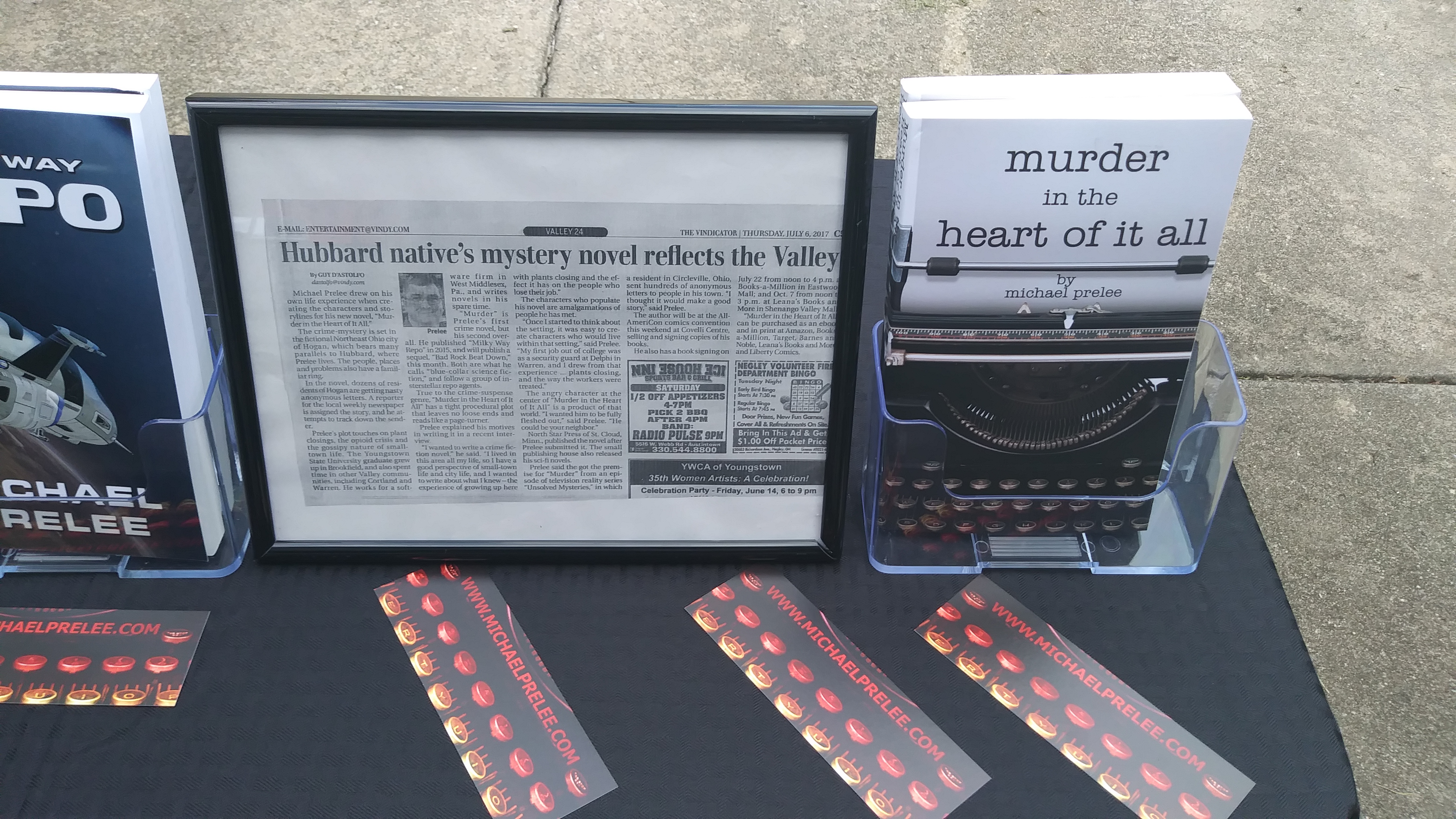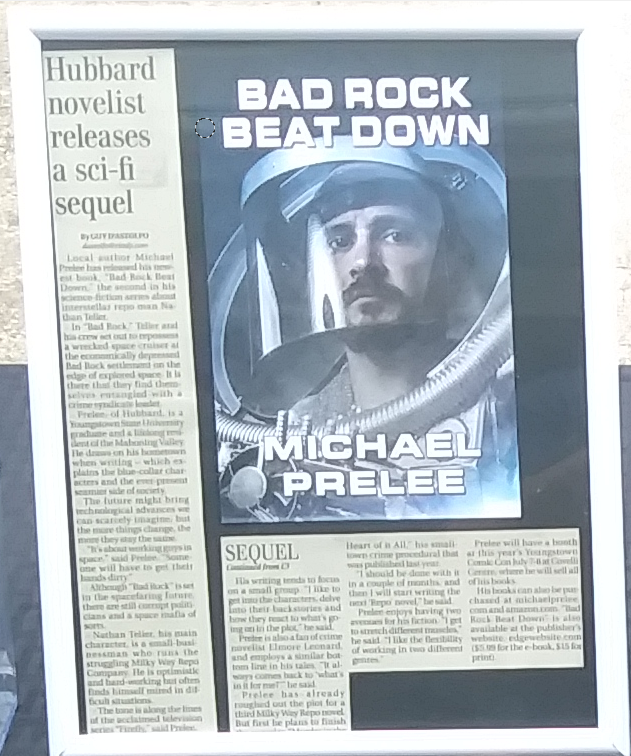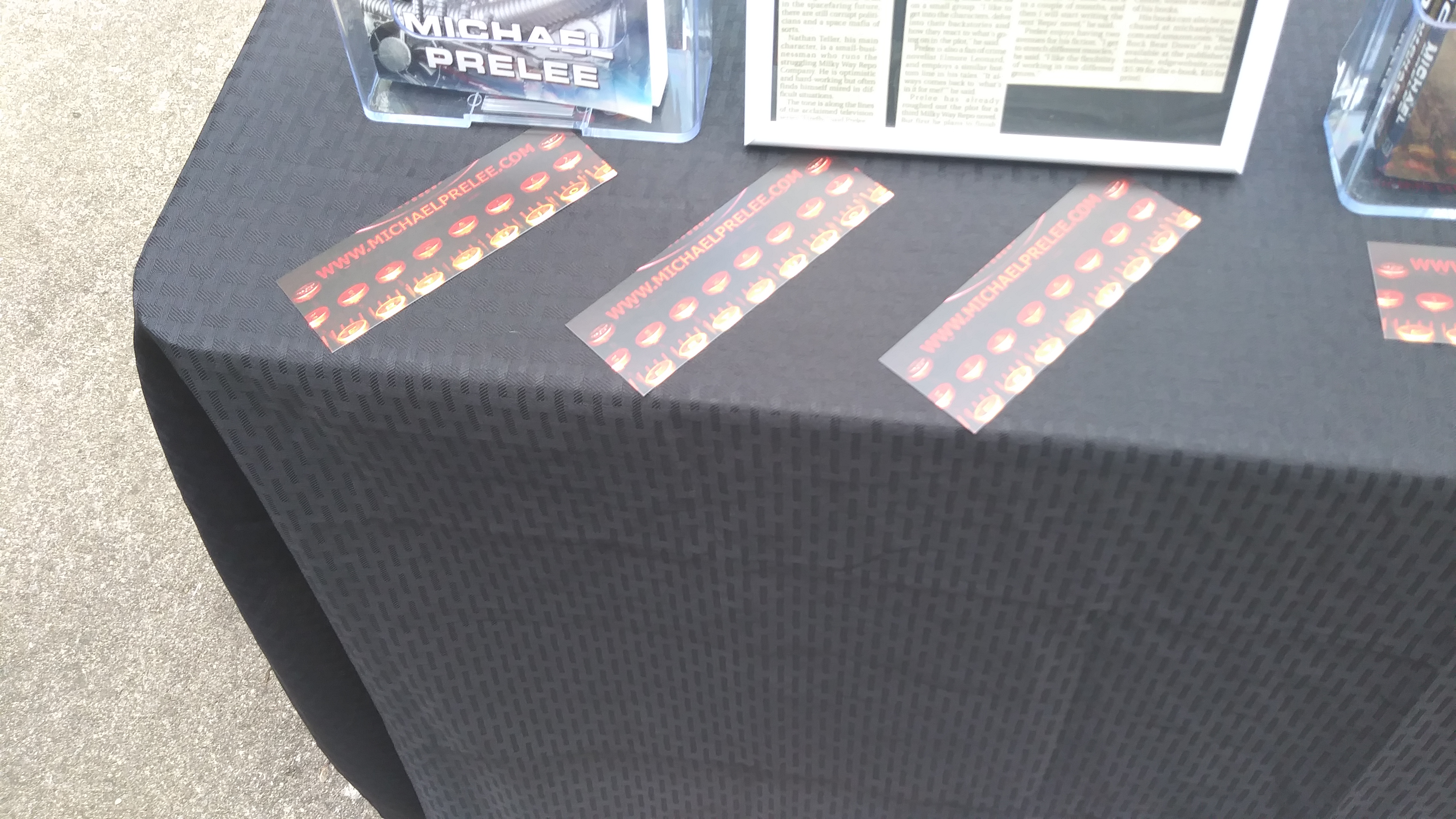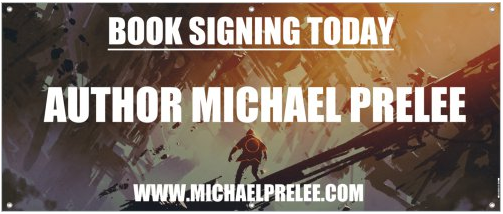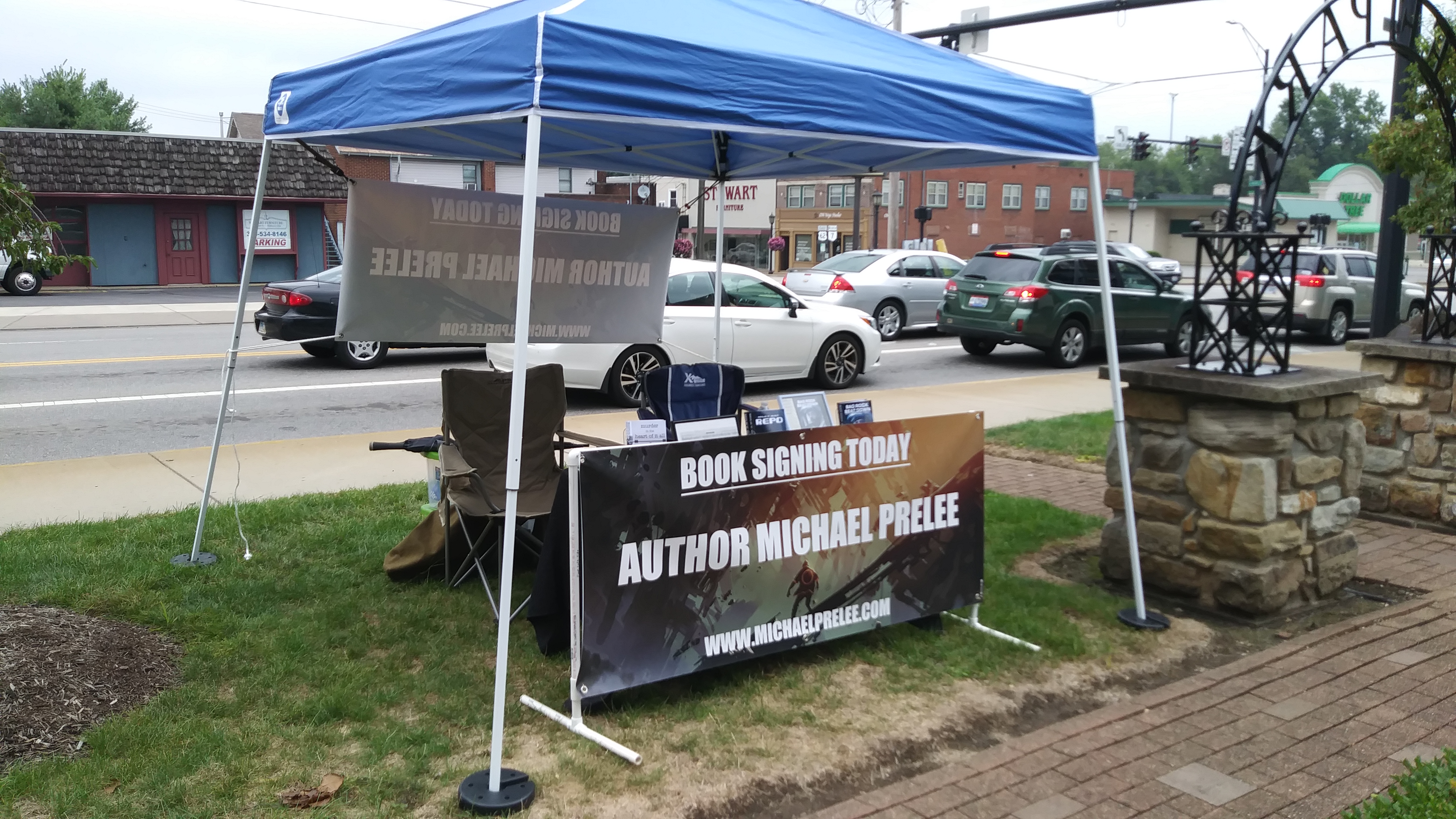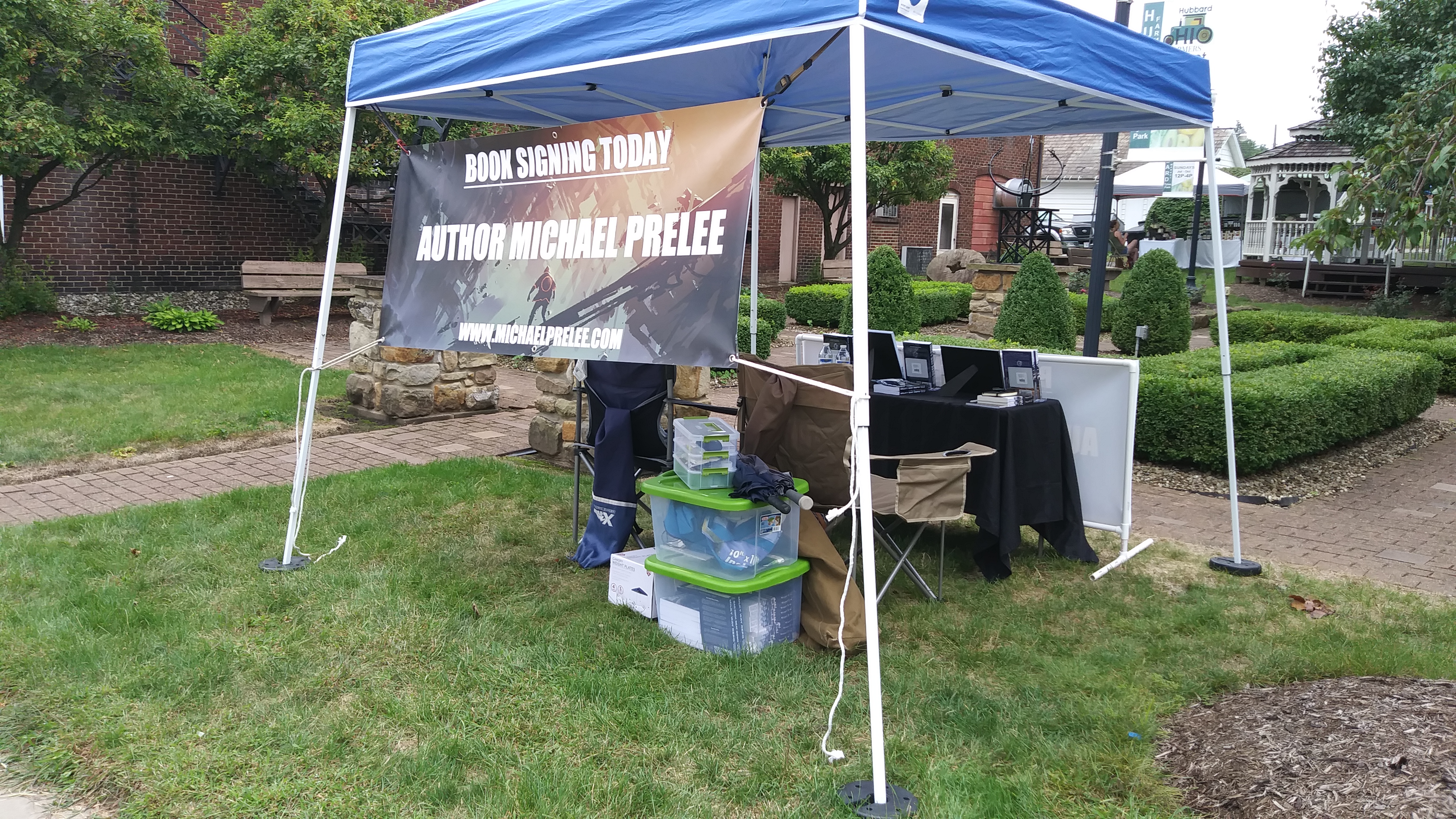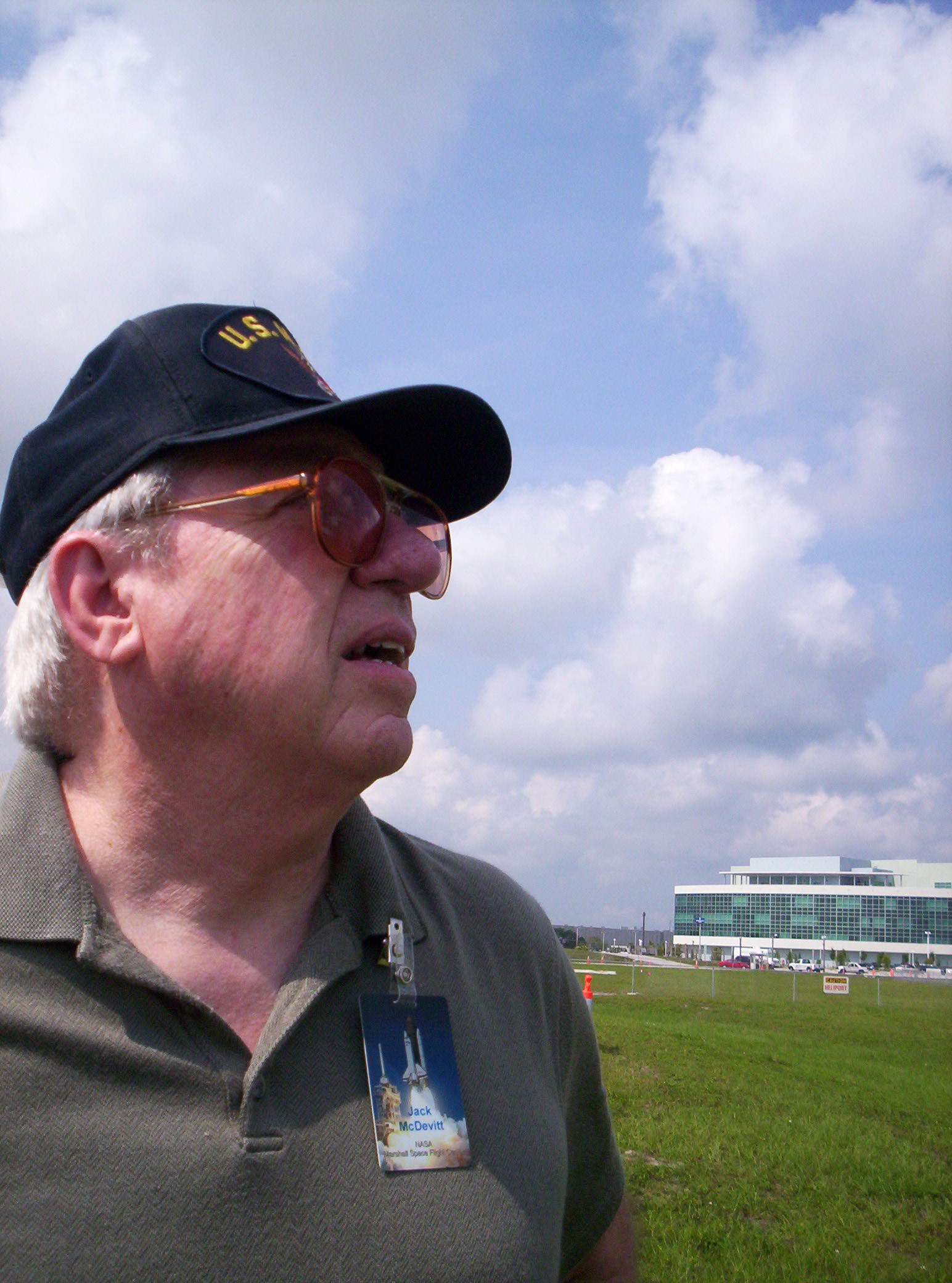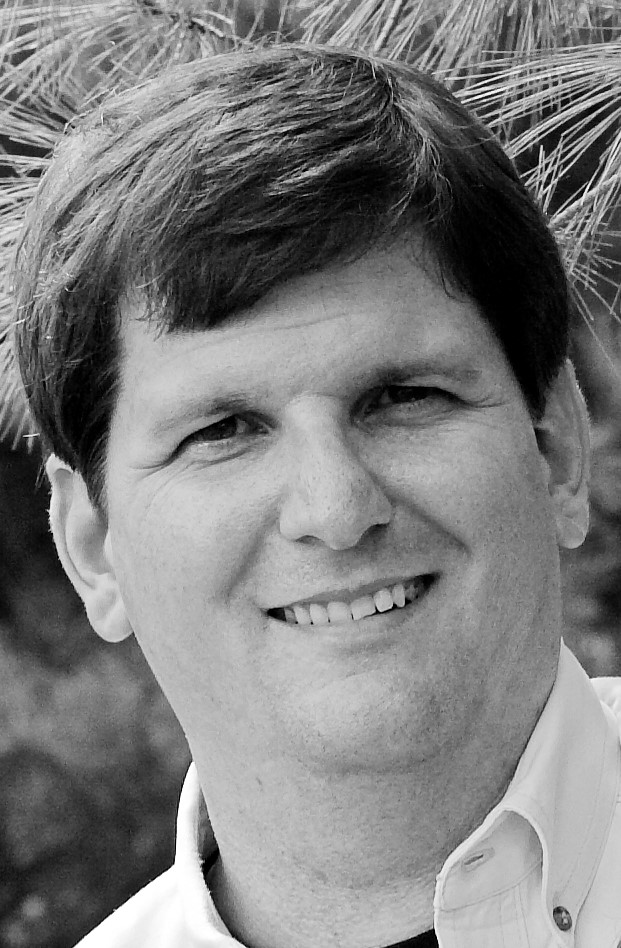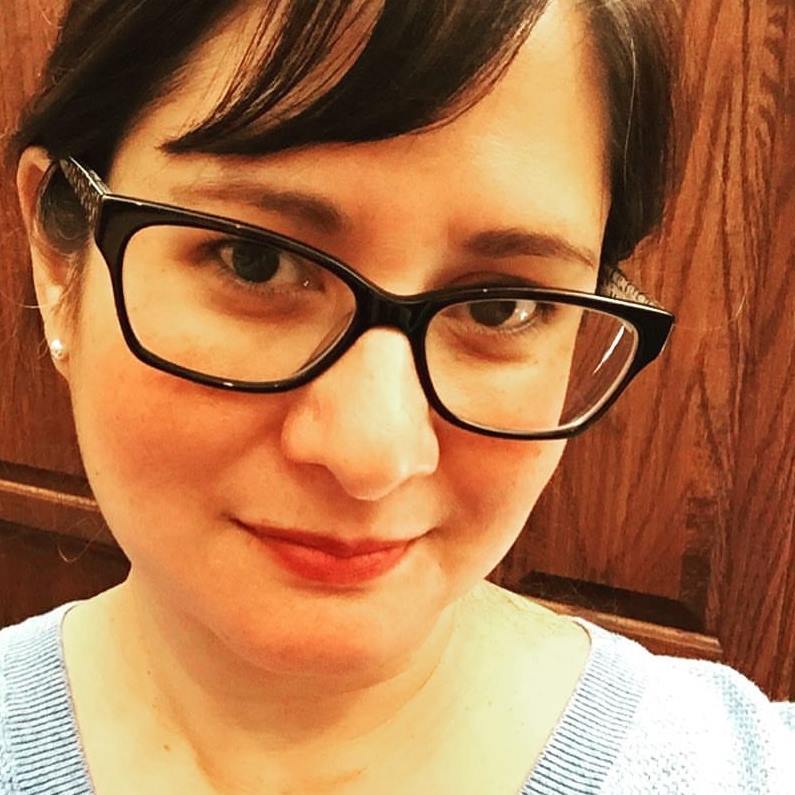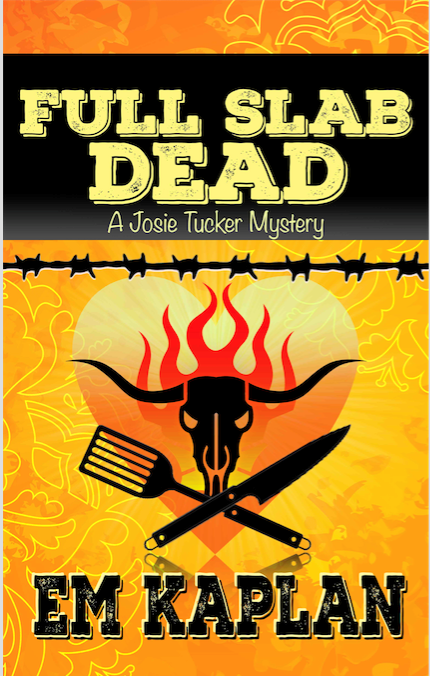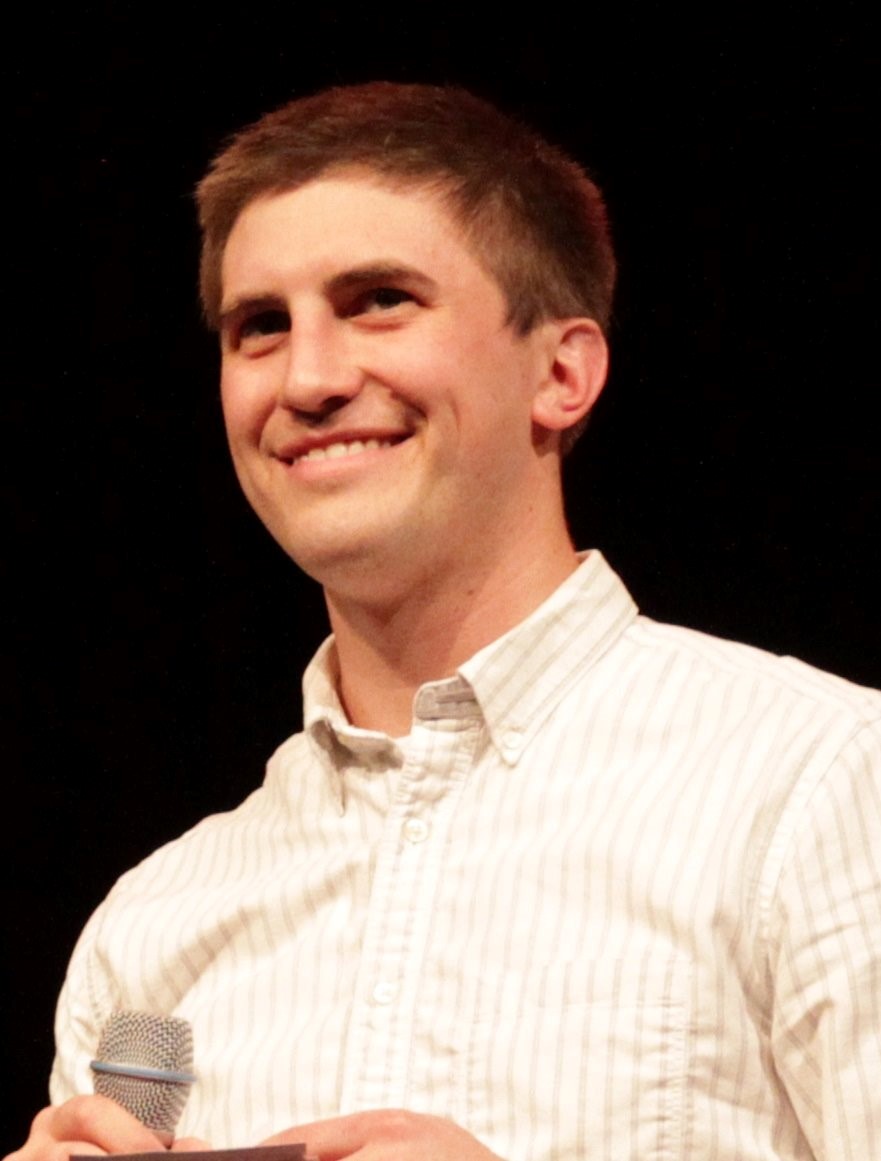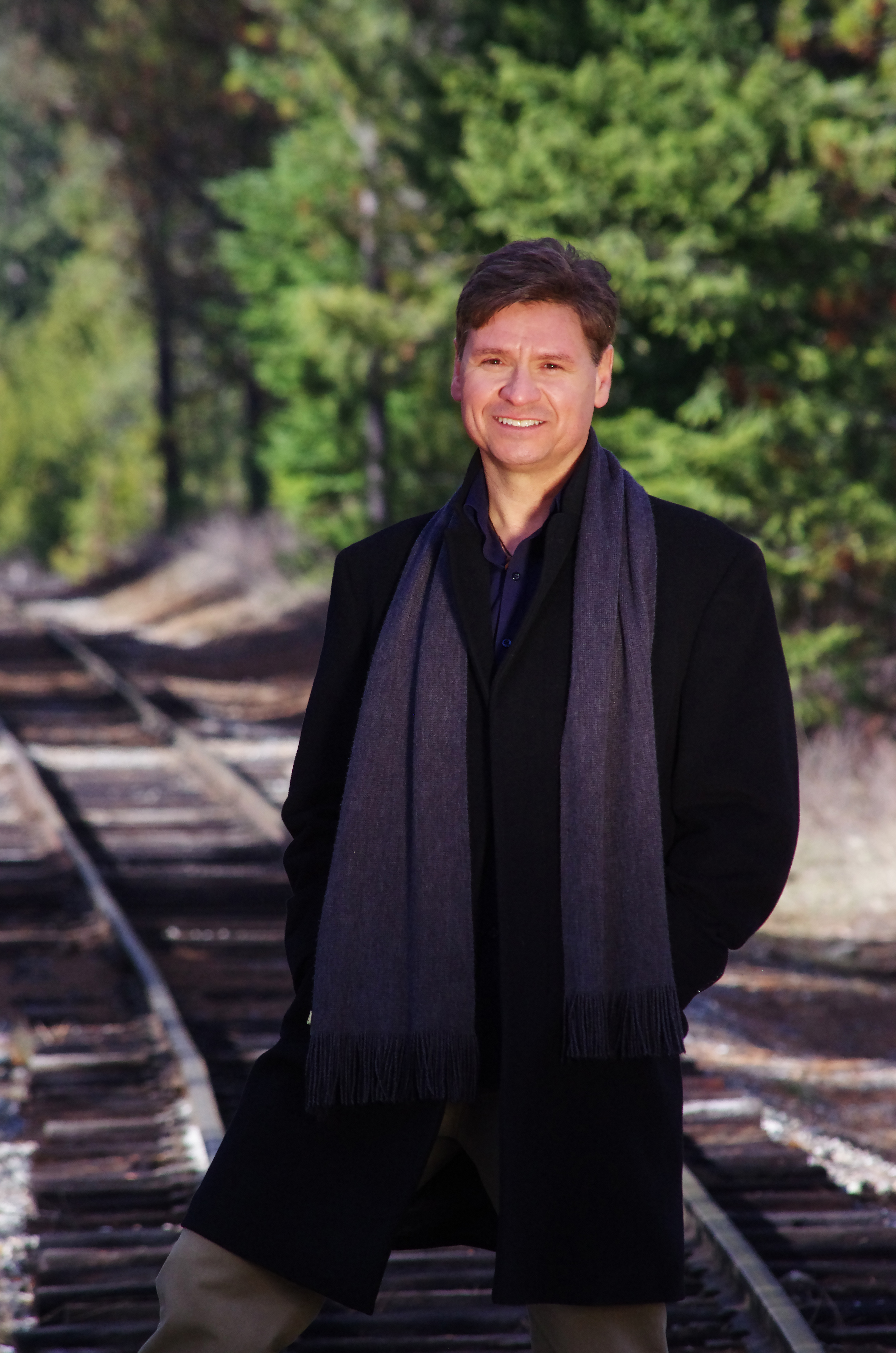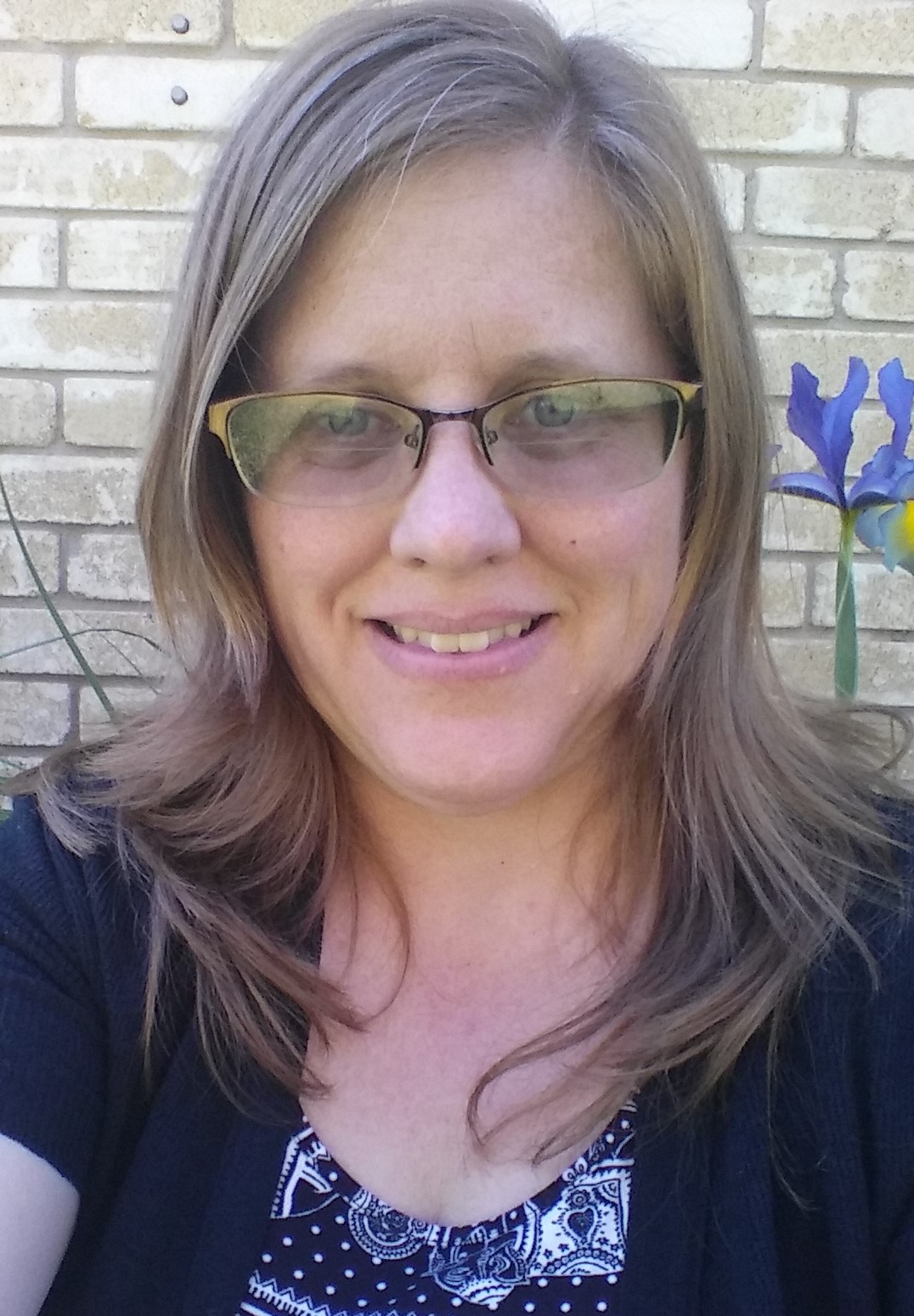
L.M. Nelson is certified teacher and CPR/First Aid instructor. She enjoys poetry, music, photography, gardening, and nature walks. Aside from her Scrubs series, she has written several poems, some of which have been selected for literary magazines and published in poetry collections. L.M. Nelson grew up in California and the Pacific Northwest, but currently resides in South Central Texas with her husband and two children.
You’ve written three installments in your Scrubs series of novels. Can you tell us about the books and the series?
Writing the Scrubs series was a project I began before I started college. Over the years, the series evolved into what it is now. As I grew and matured as a person and a writer, my characters grew right along with me. As college students and new graduates, my characters worked to build their careers and establish themselves in the adult world, all while struggling with relationship issues and trying to overcome other adult-related problems. Throughout the process, they discover who they are and learn that they are stronger than they ever thought they could be.
Life is full of ups and downs, and various stages of life come with their own challenges. My goal with Scrubs was to make the books as realistic as possible. I wanted the characters to have real lives with real problems people could relate to. Each book was written during a different phase in my life, and each character represents a bit of who I am. My characters have to overcome obstacles, many of which, I, or someone close to me, also had to navigate through. So in a sense this series is a reflection of the stages of growth I went through during my life.
Because this series is medical themed, I had to do quite a bit of research. Luckily, I have a cousin who is a trauma surgeon, and I was able to gain insights from him about his experiences as he progressed through medical school and residency. Although challenging at times, this series was fun to write. The first two books focus on my main character Randy Hanson, and his friends. The last two books, one of which is still in the revising and editing process, focus on the second generation of Hansons, who encounter a whole new batch of problems associated with growing up.
Why did you decide to tackle medical romances?
I’ve always been fascinated with the medical profession. It’s a career path I once considered before I chose to be an educator. I am remotely involved in the medical field in a sense, in that I’m a certified CPR/AED/First Aid instructor and have been for about ten years now.
I wasn’t planning for the series to be a romance per se, it just turned out that way. Let me clarify here that although the series has romantic elements throughout, it’s not a typical romance. The story focusses more on the ups and downs in the lives of a group of friends. There are romantic scenes within the series, and each book has its own love story embedded in it, but the emphasis is on the lives of the characters and the challenges they face.
Can you share with us how far out you’ve plotted your series and how many installments you expect to write?
Scrubs is a four book series. The first three books are already available. The fourth and final book is still in revision, but is scheduled for release by March 1st. That final book will end the series.
Are you working on any projects other than your Scrubs series?
As soon as Scrubs is complete, I’ll return to the other projects I’ve been working on, namely a Young Adult fantasy book and an adult crime novel. I have a few other book ideas brewing in my head, but haven’t put any of these ideas on paper yet.
Which author(s) inspire you and why?
You know, I’m not sure how to answer that question. I’ve always been a writer. I am a fan of Robert Frost’s poetry, however, and when I do write the occasional poem, I find myself writing about seasons, nature, or life choices, similar to Frost’s style. As far as fiction writers go, I don’t migrate toward one particular author. I read from a variety of authors from various genres. Several books over the years touched me in various ways. The compelling characters within those books inspired me to create my own characters and tell their stories.
Can you describe your writing process?
Is random an appropriate answer here? I write by the seat of my pants. I have a notebook full of story ideas, poorly drawn maps, character descriptions, and dialogue. When an idea hits me, I write it in this notebook (or a sticky note or napkin or I text it to myself. I use whatever I have available at the time). I then take the ideas I have and build characters and dialogue around them. Once the general idea is conceived, I start typing and see where the story takes me. I’m not a plotter or outliner and don’t like storyboards or formula writing. I write from the heart and let my characters drive the story. Eventually they get to where I want them to go.
I spend a great deal of time revising and editing, looking for different things with every round. The first stage usually entails reading for content and plot elements. During this stage, I adjust content, move things around, cut sentences or entire chapters, and add details as necessary. The second round of revisions involves checking accuracy of information. Round three is reading aloud of dialogue to make sure it sounds realistic and fits the character’s personality. Each character has their own voice, and I don’t want their words to sound scripted. Word choice, sentence structure, redundancy, and dialogue beats come next, followed by grammar and spelling. In the final stage, I read the manuscript backwards to catch anything I might have missed in the other rounds.
My writing process is chaotic and disorganized, and it usually requires quite a bit of revising and editing to get the story the way I want it, but the craziness works for me.
Like many writers you maintain a blog (at https://lmnelsonscorner.wordpress.com/). Can you tell us why you like blogging and how it helps you as a writer?
I’ve only been blogging for about a year and a half now. Blogging helps me clarify my thinking, dig deeper into myself as a writer, and analyze my own writing. My blog consists of writing tips, character traits, information about my books, motivational quotes, and pretty much anything else I feel like writing about. Writing is my stress relief. It helps me relax and escape from the demands of my day job. Blogging allows me to express my thoughts while practicing the writing craft, which always needs refining.
What are some obstacles authors face achieving sales in the current market and how have you overcome them?
There are millions of writers out there publishing thousands of books a day. How do you make yourself stand out in a sea of authors, all of whom are trying to accomplish the same thing you are? With the busy lifestyles people lead these days and the digital age we live in, the number of people who read for pleasure has decreased significantly over the years. Nowadays, people are more interested in checking their Facebook newsfeed and posting selfies than reading a book. Engaging potential readers and sparking their interest long enough to pull them off social media is the key to selling books.
Marketing is a pain. It is time consuming and often frustrating. When I published Scrubs, I knew NOTHING about the publishing industry or marketing. But over the last year and half, I’ve taken several marketing courses from various experts and have increased my knowledge of this topic exponentially. Throughout my training, several key elements have remained constant.
First, you have to write for myself. Not every reader is going to like your work, and trying to please everyone is a waste of time and will lead to many days of wanting to throw your manuscript in a bonfire. I write what I want to write then find my target audience.
Criticism is the nature of the business. You have to have thick skin to be an author. Naysayers will continue to be negative no matter what you do. Naturally, someone who prefers action adventure books is going to trash my New Adult romance novel because it’s not their preferred genre. I’ve learned to consider the source when dealing with negative feedback. I don’t respond to reviews and never defend what I do. I take criticism with a grain of salt and use the comments to work toward improvement. If I feel overwhelmed by negativity, I look up my favorite book on Amazon. Even that book was trashed by someone. Every once in a while, when the voices of doom ring in my head, I dig into my ‘oh, wonderful me’ box and focus on the achievements I’ve made and the positive reviews I’ve received.
Marketing requires authors to throw themselves out there. For people like me who are introverts, exposing ourselves and our work is scary business. But if we don’t make our presence known, no one will know our books exist. Throwing myself out there requires engagement, interaction, and doing something that will turn people’s heads. I go to author events and book festivals as often as I can. I have joined local writing groups, scheduled book signings, and have a social media presence. I have to pull potential readers in by gaining their trust. To stand out in the sea of authors, I have offer potential readers a personal connection, a reason to follow me, a reason to come to my table and talk to me.
Most importantly, failure is part of the process. But you won’t grow as a writer if you don’t pick yourself up and carry on. Failure isn’t fatal. I accept failure and have learned not to compare myself to other authors. I surround myself with family and creative friends who support me.
I didn’t publish my books expecting to make a ton of money. If any writer goes into the publishing industry with that expectation, they will be sorely disappointed. I write because I love to write. I published the Scrubs series because my characters needed to be heard. Although I write for the love of the craft, it is nice to gain a few sales in the process.
What can readers expect next from you?
The final book in the Scrubs series, Center Stage, will be released by March 1st. Once the series is complete, I’m going to finish the YA fantasy book I started about two years ago and continue working on an adult crime novel I’m about four chapters into. I have a few book signing events scheduled between now and June and am planning to attend a writing retreat and author’s marketing conference over the summer.
Where can readers find your work and where can they find you online?
My books are available in e-book format, Kindle, Nook, and paperback. You can find them on Amazon, Smashwords, Kobo, Barnes and Noble, or Createspace. For more information visit my webpage.
You can find me online through my website (which is also my blog), Twitter, Facebook, Instagram, LinkedIn, Pinterest, and Goodreads. I look forward to connecting with all of you.
